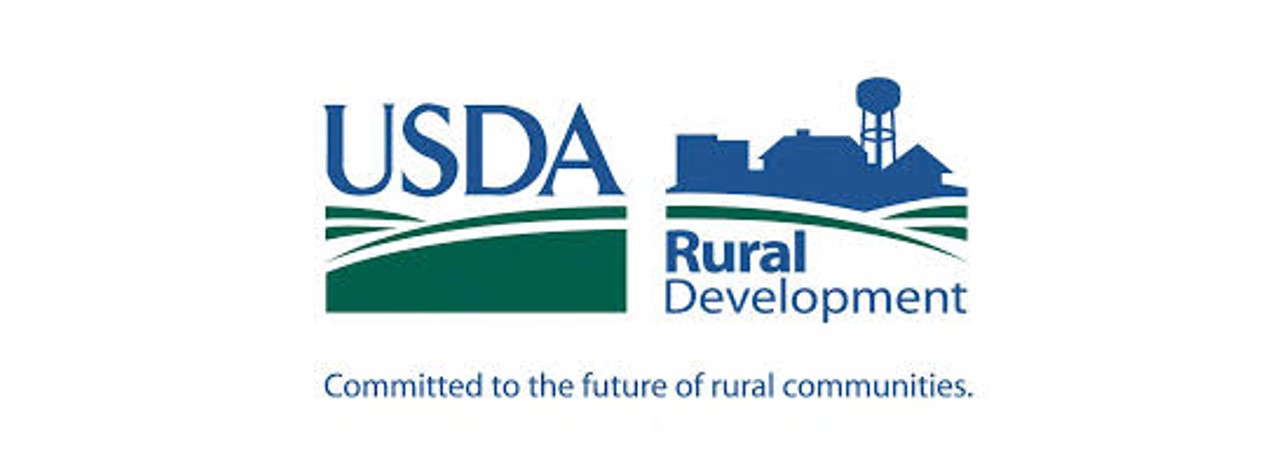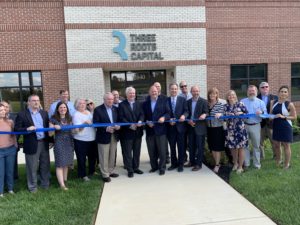
Knoxville-based CDFI will use funds to support job-creating small businesses, place-making commercial real estate projects and community facilities in East Tennessee and greater Central Appalachia
KNOXVILLE, TENN. – This week, the U.S. Department of the Treasury awarded $1,826,265 in COVID-19 relief funds to Three Roots Capital (Three Roots) as part of its CDFI Rapid Response Program (CDFI RRP). Based in Knoxville, Tennessee, Three Roots will use these funds to make loans and investments across East Tennessee and greater Central Appalachia, helping support job-creating small businesses, place-making commercial real estate projects and community facilities.
In total, the U.S. Treasury awarded $1.25 billion to 863 community development financial institutions (CDFIs) in 48 states, the District of Columbia, Guam and Puerto Rico. These CDFI RRP grant funds will help recipients build capital reserves and loan-loss reserves, along with providing financial products, financial services, development services and other operational activities in their communities. Three Roots received the maximum award amount given and will use the capital to increase the size of the Three Roots Capital Impact Fund, which is a pool of capital from which it will make equity investments in addition to loans.
Three Roots has a history of providing access to capital for small businesses, entrepreneurs, and projects in rural or low-income areas of East Tennessee and Kentucky. Since its founding in 2016, the CDFI has deployed over $74.5 million of capital, which has created or retained 1,564 jobs and developed 528,732 square feet of real estate. With Three Roots’ support and guidance, small businesses like Southeastern Packaging Technologies have thrived in Oak Ridge, Tennessee, and rural, job-creating companies have continued to have positive impacts in their communities like Outdoor Venture Corporation in McCreary County, Kentucky.
“I founded Three Roots in direct response to the chronic need for more investment capital in central and southern Appalachia and in the broader Southeast. This award allows us to continue to support small businesses and entrepreneurs in low-income and economically disadvantaged communities throughout the region,” said Three Roots Capital Founder, President and Chief Executive Officer Grady Vanderhoofven. “CDFIs play an integral role in helping to lift economies, especially in times of need like this pandemic. We are honored to receive the maximum amount of this CDFI RRP award. Receiving these funds helps us continue to do what we do best: providing capital, connections, business coaching and collaboration in our region.”
Three Roots anticipates the CDFI RRP funds could be used to help address an access to capital gap identified by Techstars in their Assessment of the Entrepreneurship Ecosystem of the Greater Knoxville Metropolitan Area. Oak Ridge National Laboratory, the Tennessee Valley Authority and the University of Tennessee recently announced the upcoming launch of a Techstars Industries of the Future Accelerator in Oak Ridge-Knoxville, which will foster the growth of 30 startups over three years.
About Three Roots Capital
Three Roots Capital (Three Roots) is certified by the U.S. Department of the Treasury as a Community Development Financial Institution (CDFI) and as a Community Development Entity (CDE). Because Three Roots is a CDFI, banks that make loans to, grants to, or investments in Three Roots may be eligible to receive Community Reinvestment Act (CRA) credit. Three Roots maintains its CDFI certification by making loans and/or investments to companies and projects located in low and moderate income (LMI) census tracts and by providing operational and technical assistance to companies and projects located in such areas. As a CDE, Three Roots is eligible to receive an allocation of federal New Markets Tax Credits (NMTCs) and to participate in and facilitate NMTC transactions.









 State University’s (ETSU) campus. This problem was further exacerbated when an arsonist set fire to the property in early 2016.
State University’s (ETSU) campus. This problem was further exacerbated when an arsonist set fire to the property in early 2016.